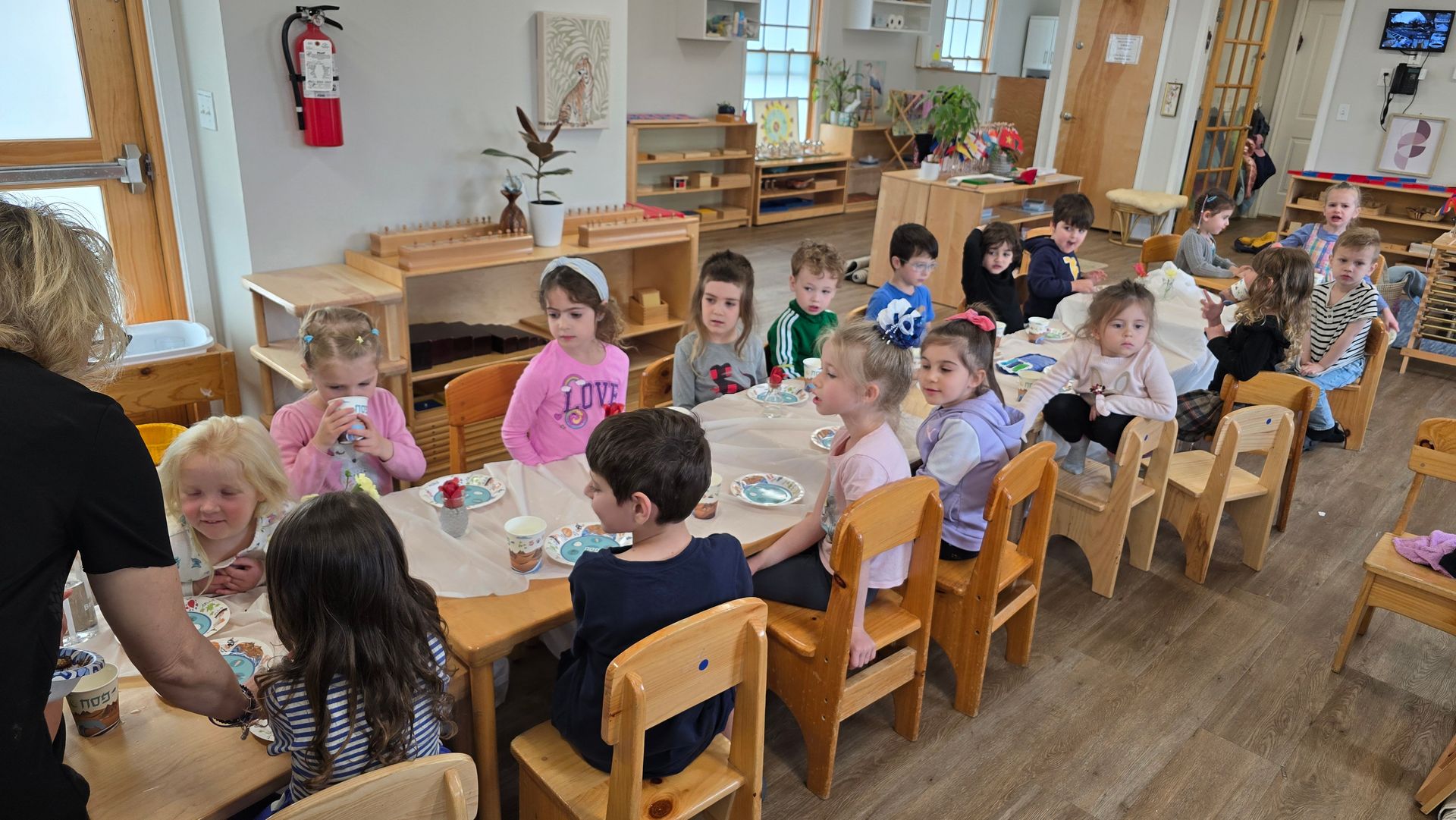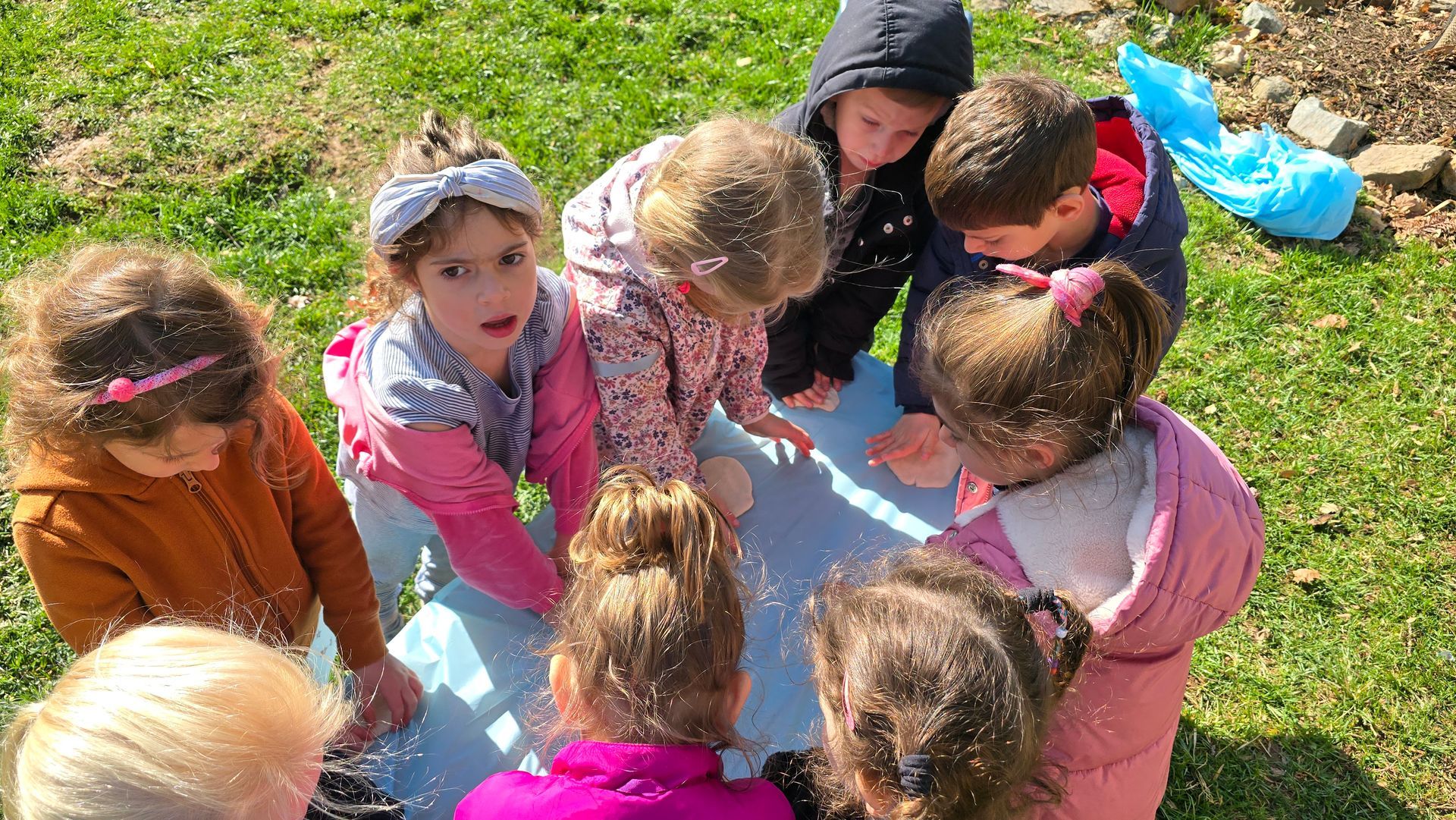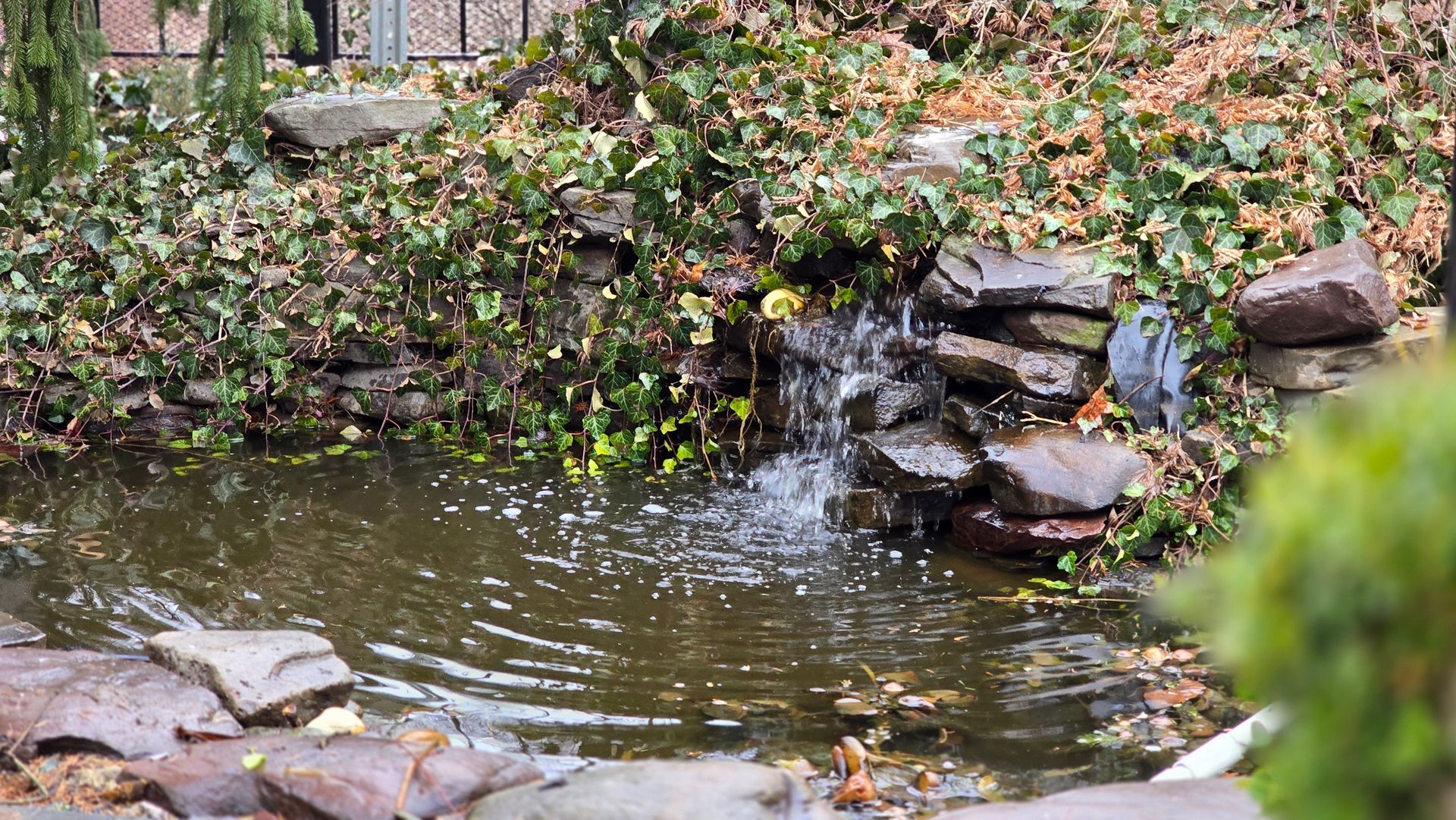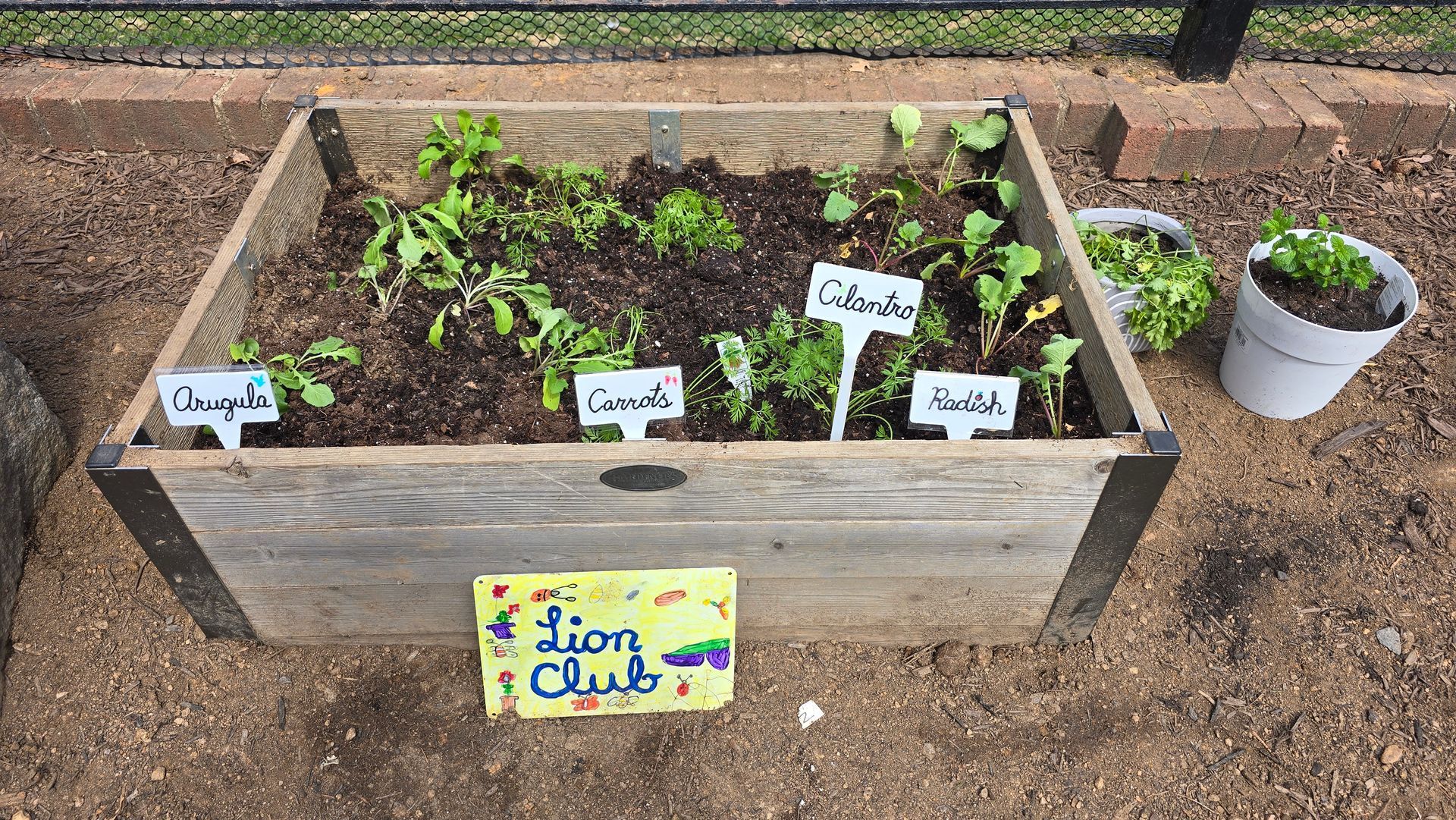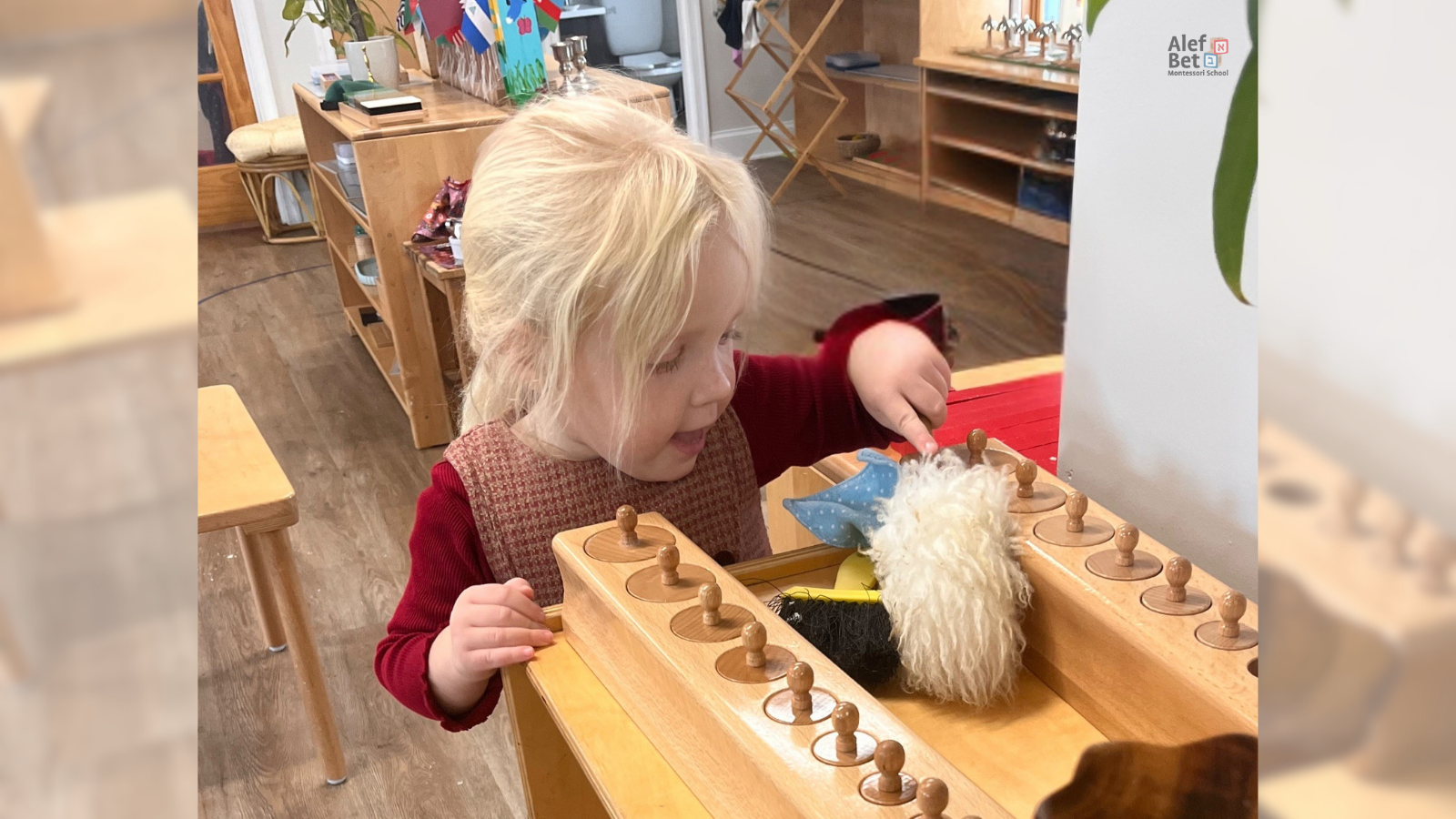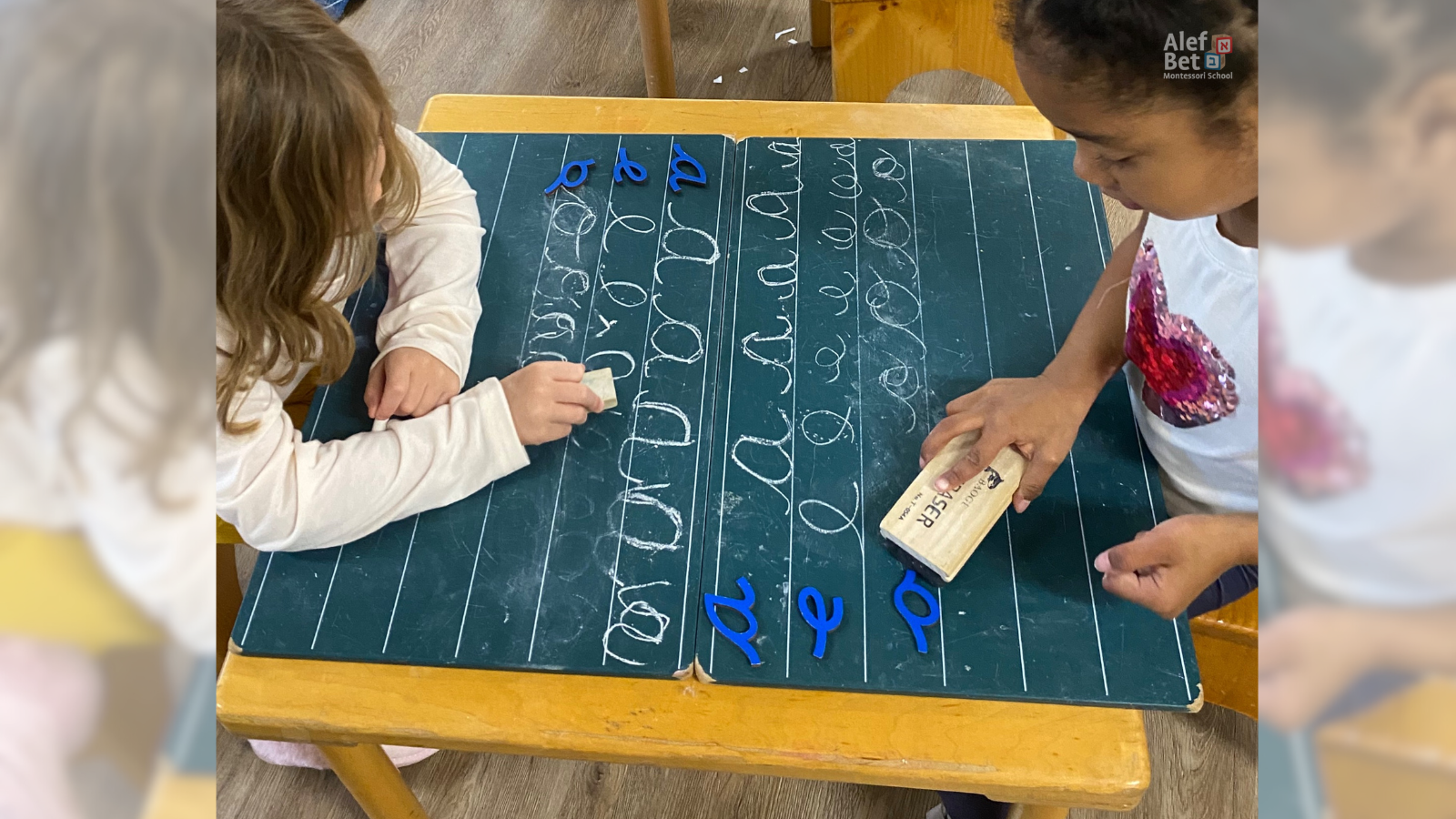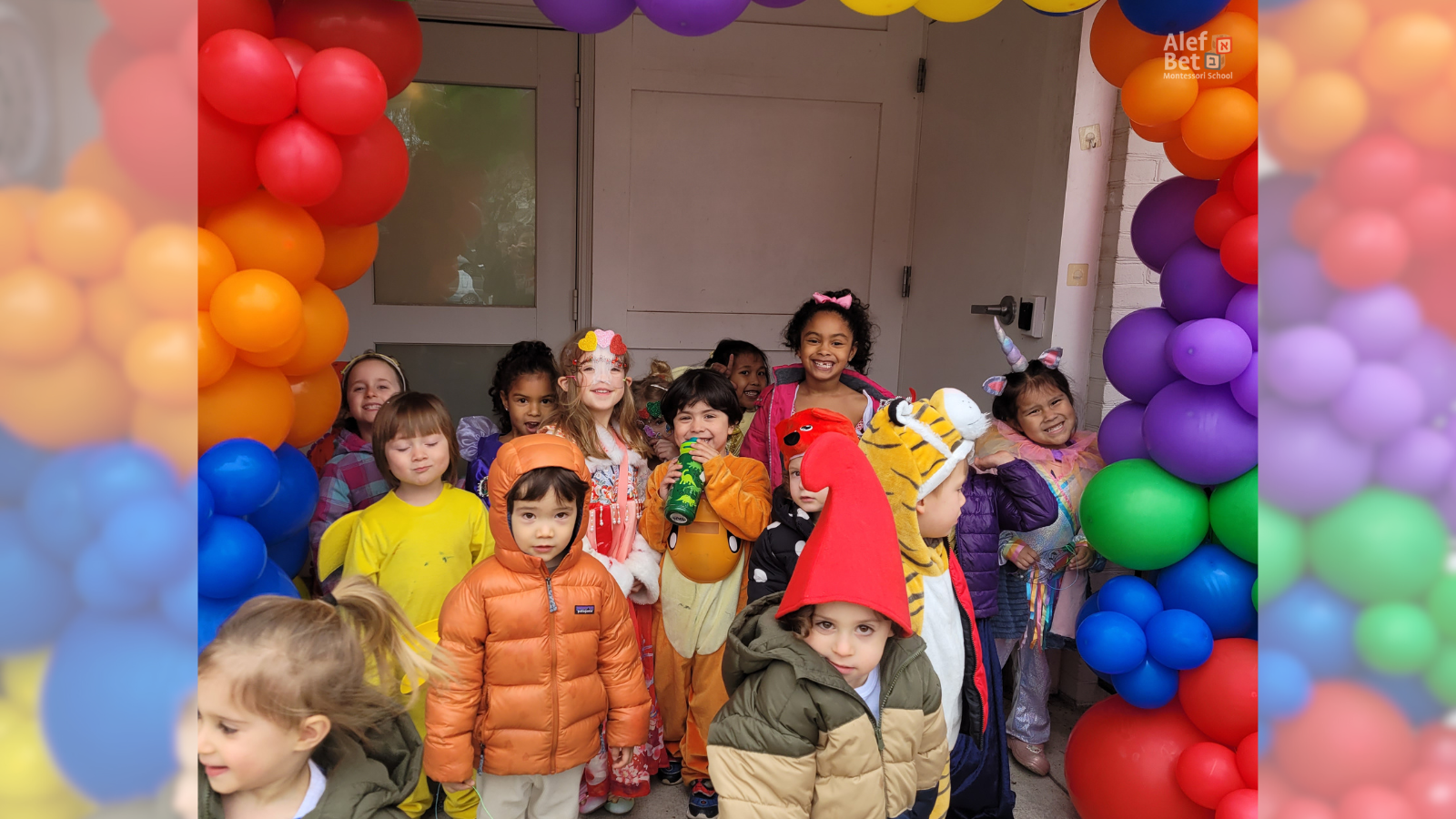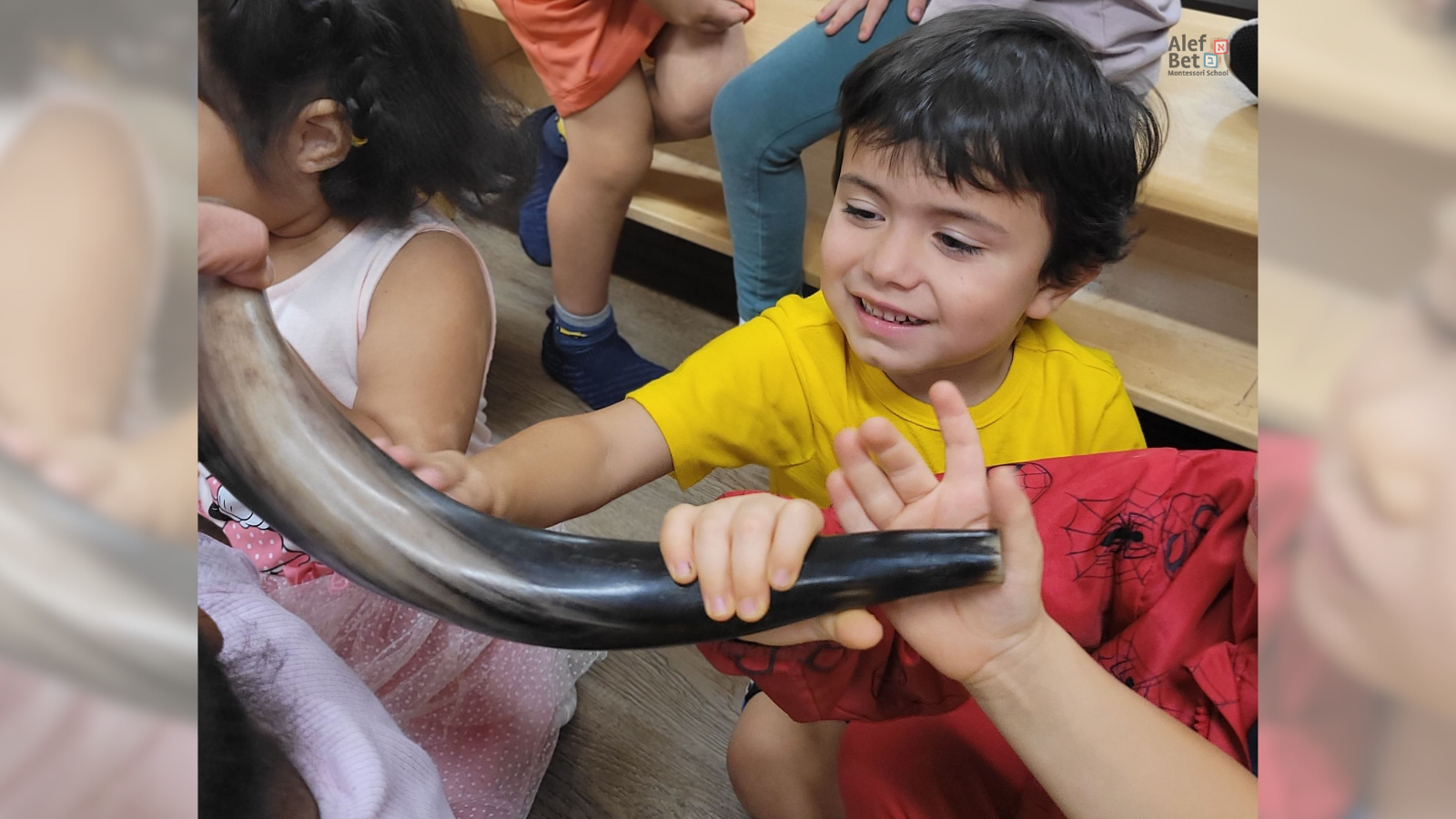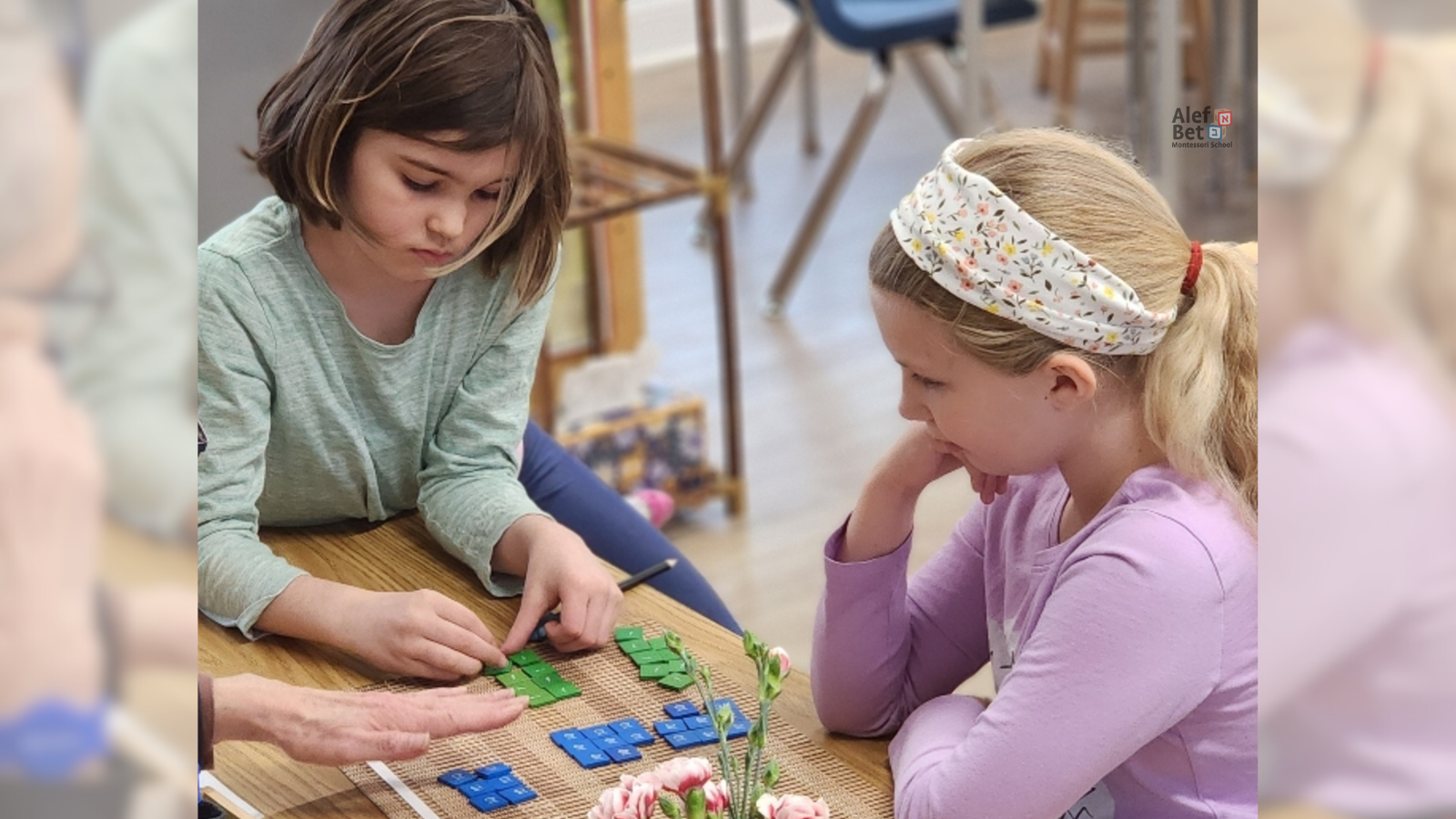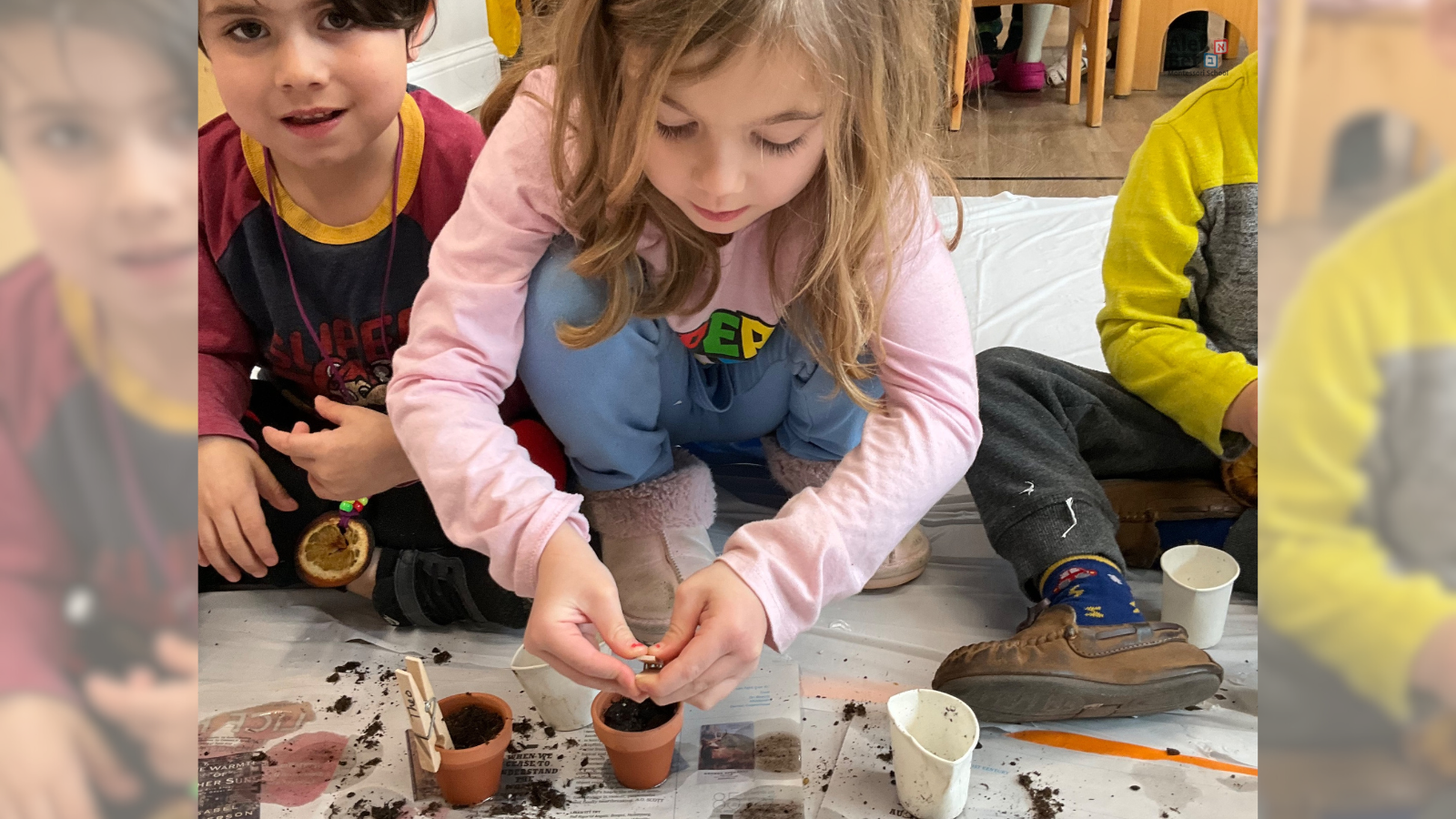The whole idea was to try and build a community in our area for parents who are looking for advanced tactile education and Montessori
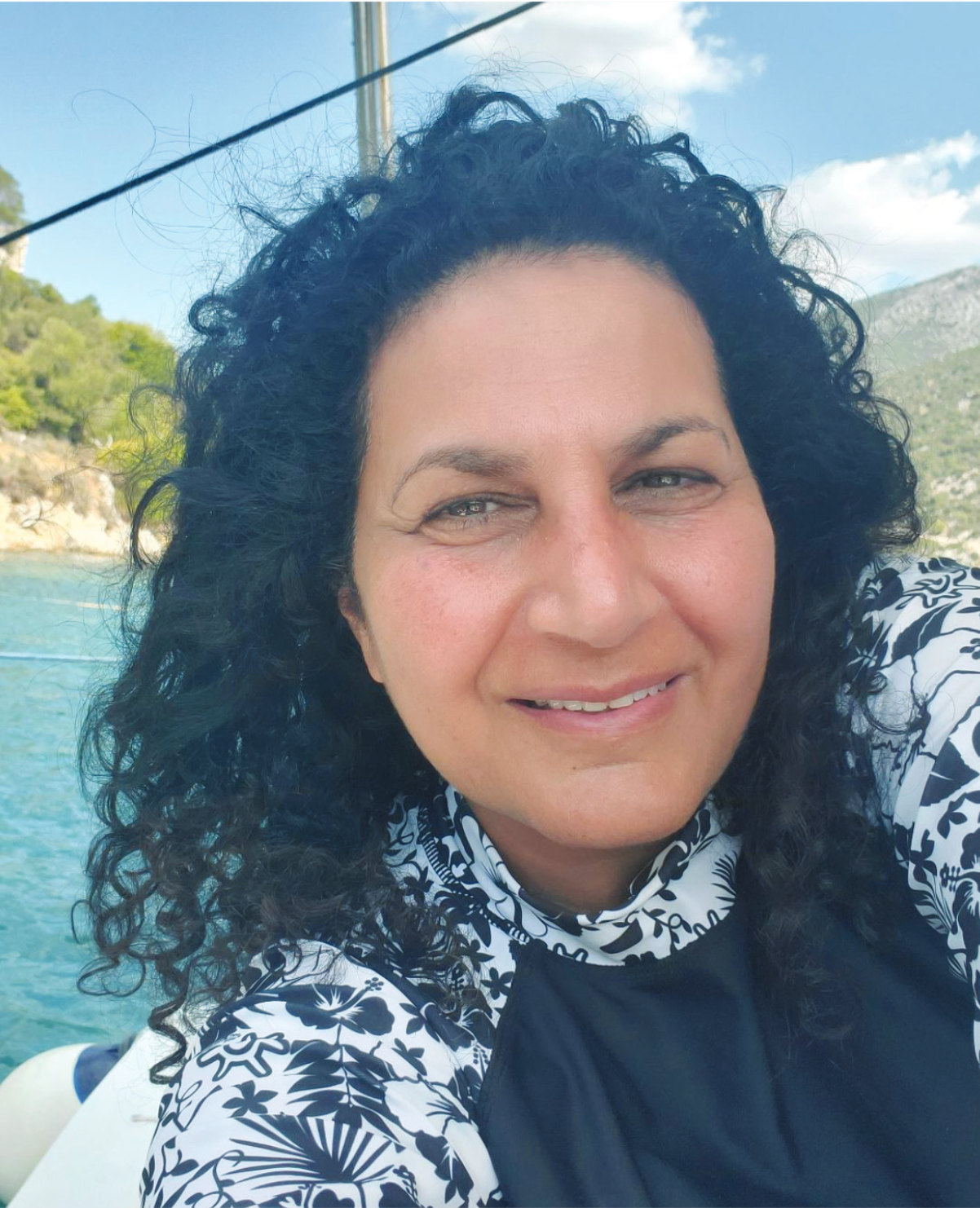
Ayelet “Ellie” Lichtash is the founder and executive director of the Alef Bet Montessori School in Bethesda, a school that has been able to fulfill Lichtash’s vision of providing a high-quality education and a Jewish education to students in the Bethesda area. Lichtash, an attorney in both the U.S. and Israel, has spent over a decade as a founding member of the National Organization of Montessori Administrators Association, and recently was one of 12 ecipients nationwide of the inaugural Shine A Light on Antisemitism Civic Courage Award.
Can you tell me about the process of founding the school?
The whole idea was to try and build a community in our area for parents who are looking for advanced tactile education and Montessori – there are 56 Montessori schools in the Greater Washington, D.C., area. It’s very popular in the United States. It’s all over Europe. It’s all over the world. So, when you think about it, we are a very large community without such advanced tactile education. I wanted to have that for us. So, I really built the school for the community …
Most parents who look at a Montessori school have to make the choice – am I going to a Montessori school or am I going to a Jewish school? And my goal was to combine the two with a full Hebrew language program and to make it available for our community. This is a nonprofit that I founded in 2005 … So, you have in our community a very special building that is built for a Montessori school for advanced tactile education for the Jewish community. That’s pretty rare.
You were the recipient of the 2023 Shine A Light on Antisemitism Civic Courage Award after battling some local issues relating to antisemitism. Can you tell me about that?
I’m grateful [to receive the award]. It’s a small amount of money [that comes with winning]. I decided [to donate the money] because it’s not me, it’s
not my award. It’s our duty as civil servants and active participants in our community to protect our community from hate crimes. And I feel that I’m doing my service by doing that. I gave it [the money] to the school because I think it’s the school’s award. I see the school as a beacon of light. We’re accepting children, whoever they are. We have families who are Jews and non-Jews in our school. They want what we provide. They want the courtesy, the grace, the kindness of education. They want the ability to explore, they want the discovery zone for the children. They want the values that we instill. We are a Jewish school; we are celebrating every possible Jewish holiday on the calendar and a salute of Israel is our graduation day when we march with the flag of Israel. We’re connected to our heritage, to our beliefs. There’s no double standard about that. And so, as a school, I feel like the school is fighting antisemitism, not me.
You’re on several state and national educational organizations. What kind of work are you doing there to combat antisemitism?
I started conversations about hate and wanting to make sure that people understand what hate is and how it’s terrible to make people frightened of it, and just because you’re Jewish … that doesn’t mean it’s allowed. And sure enough, look at what we have here in our community right now in the United States, it’s out there, it’s obvious, it’s on the surface. And that’s something we have to fight. And so, I’m not sitting still on my laurels, and I think I have a job and a duty, because I can bring it to the conversation and I can bring it to the minds of other heads of schools, especially independent schools in the Greater Washington area. We’re having a huge conversation with the executive directors of the organizations of heads of schools in January on how to bring the conversation of hate into the conscientious mind of heads of schools, especially the high schools, because I believe that if we prepare the high schools’ children to understand what is hate, what causes hate, how does it come about and how to fight it, those who go to college will be able to be our advocates in those colleges. And that’s my goal. I’m doing it in our Greater Washington area. And I also serve as the president of another nonprofit. It’s called Whole School Leadership. These are heads of schools from all over the nation … and I’ve served as a president for five years now. I’ve reached out to the Montessori Association to start a conversation about peace. It’s not just local, it’s global. It’s nationwide, and heads of schools from all over the world who belong to this organization will be part of this discussion.
What is the personal importance of being able to provide Montessori-style Jewish education to the community?
Our children deserve the best education out there in the world. And if the founders of Google, Sergey Brin and Larry Page, and then the founders of other huge companies like that, were able to enjoy Montessori education, so do our children in our community with Jewish life. I can name a number of people who are famous who are Montessori graduates, and those who graduate credit their education in early childhood and elementary school to their success later in life. Because this education is tactile, it’s hands-on. It’s a discovery zone that welcomes mistakes. That’s the key. If you welcome mistakes that a child can make, you don’t put them down. You help them to feel, oh, I should try again. I should try again. And I should try again. Coming back to the same problem and trying to tackle it again and again and again will make you very successful in life. And I feel that I had a similar situation in Israel in a very small community where I grew up and I had a teacher who believed in me to try again and again and again. So why not? Why not provide it for our community?
